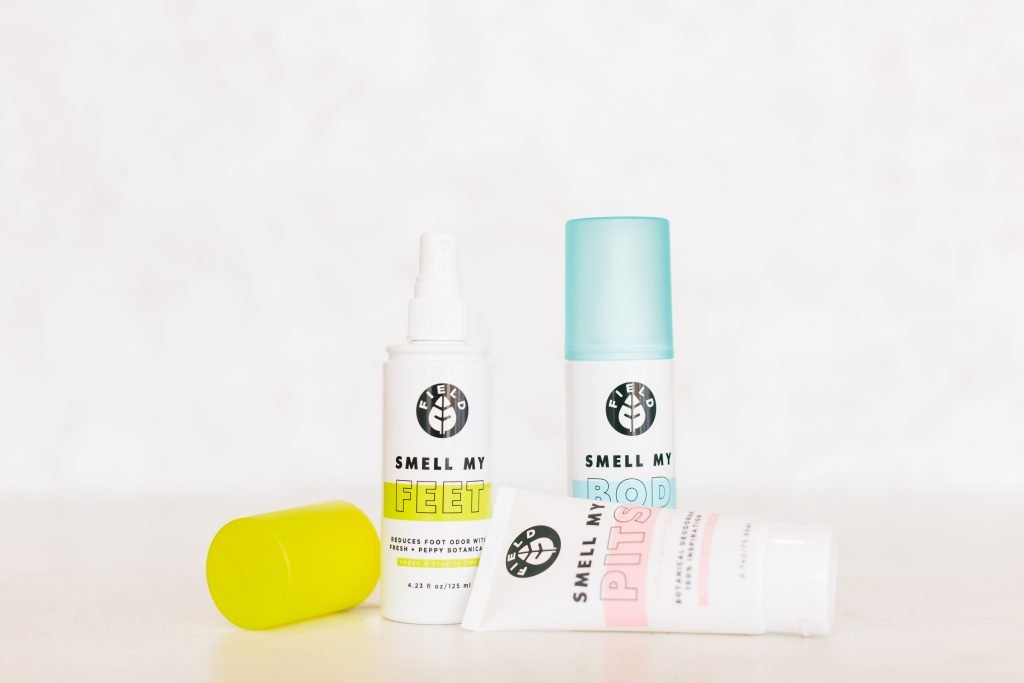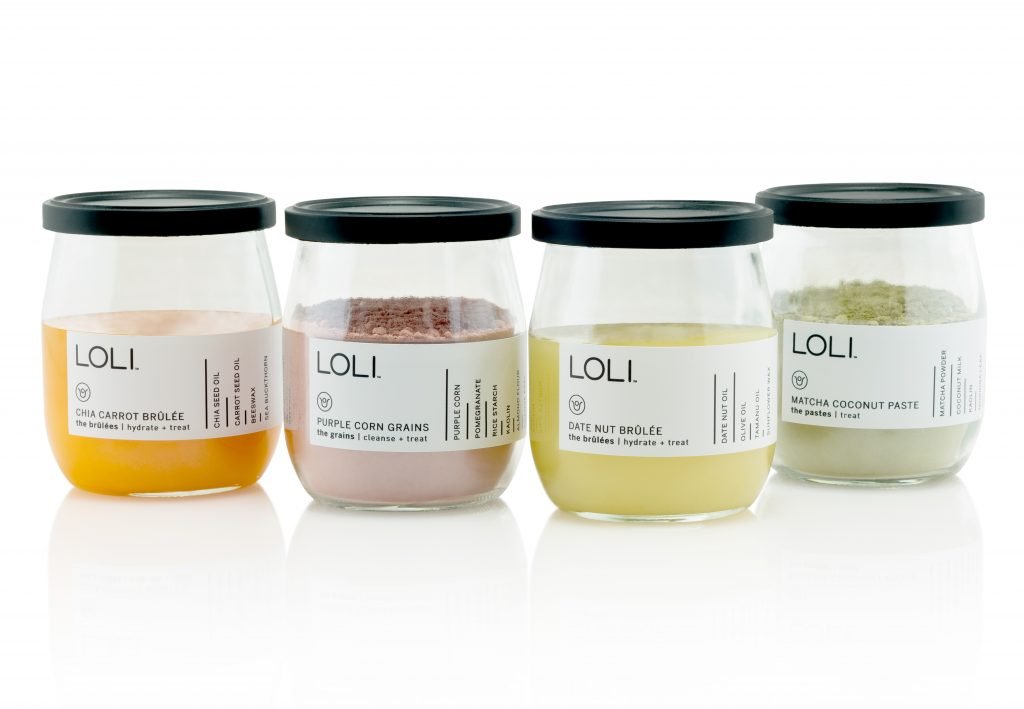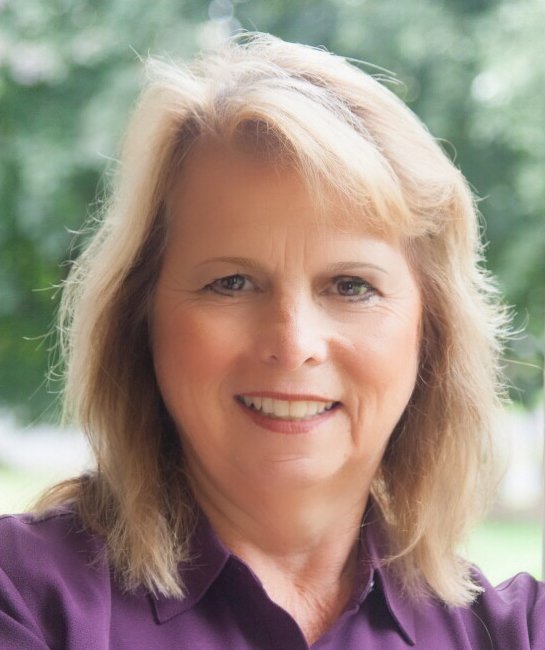
Boom Times Don’t Last Forever. What Should Indie Beauty Brands Do When They’re Over?
It’s been a decade since the last recession ended—and one thing’s true about the next one. It will come.
How soon it will come, nobody’s sure. In economic prognostication circles, the optimists are winning out. Forecasters place the chances of a near-term downturn at 35%, and Federal Reserve Chairman Jerome Powell predicts economic expansion will persist. The public isn’t as sanguine. A recent ABC/Washington Post poll found 60% of Americans expect a recession within the next year.
Concerns are mounting about the ongoing trade war with China, which is among several signs the economy could be on the precipice of a decline. To rattle off some more not-so-awesome signs, they’re yield curve inversion, slowing gross domestic product growth, deceleration in the manufacturing sector and a dip in business spending. Fluctuating oil prices resulting from conflict in the Middle East can’t help.
For thousands of indie beauty brands launched since the Great Recession, a reversal of economic fortunes would be a wholly unprecedented event. It would undoubtedly cause a sales contraction, margin squeeze, reorientation of marketing messages and closures. The beauty brands with solid balance sheets, devoted customers, positive supplier and retail relationships, and a dose of entrepreneurial savvy and resilience will endure.

“A lot of younger businesses don’t realize what can happen. It can be very scary,” says Emilie Hoyt, founder of Lather, a clean beauty brand and retailer that’s survived two recessions in its 20 years on the market. “Every business should have a plan and be prepared. It’s wise to talk to businesses in other segments, and people who have been through it. It’s affected us each time, and you have to be very smart, strategic and run very lean.”
In a rising economy, taking on debt can be an astute move. As the economy turns in the opposite direction, though, highly-leveraged companies suffer. A Deloitte report assessing recession-era consumer companies details that indebted businesses direct their focus internally rather than externally during a recession, making it difficult for them to evolve with shifting consumer habits and situate themselves to do well in a recovery.
Lyn Alden, founder of Lyn Alden Investment Strategy, suggests brands examine their books closely prior to a recession to ensure they’re not burdened by preventable debt. “Companies can shore up their businesses by minimizing debt and building up a healthy pool of liquidity. The key risk is that a business can become unprofitable and fail due to lack of cash or credit before the eventual economic recovery occurs,” she says. “Therefore, business owners should model various potential declining revenue scenarios, simulate how those scenarios would impact their business, and ensure that they have a strong enough balance sheet to push through those more difficult operating environments for several years if necessary.”
To ready their businesses for economic softness, beauty brands should reevaluate agreements they have with partners to determine if they can adjust terms to their advantage. In order to extract concessions from partners during a recession, it pays to have good relationships before it. Tina Hedges, founder of LOLI Beauty, underscores the power of robust relationships to keep businesses afloat in rocky moments. “I always try to find something that makes sense for us, but also is fair to the other side,” she says. “I think, at the end of the day, having the loyalty and support, whether it’s from your customers or your retail partners or your vendors, that’s what is going to help you get through the storm.”
“A lot of younger businesses don’t realize what can happen. It can be very scary.”
Beauty brands outside the luxury segment believe they’ll remain relevant in a recession by selling bathroom staples, not discretionary indulgences. Jennifer Tinsley, owner of Field Botanicals, a clean beauty brand with a deodorant, foot spray and body spray in its assortment, says, “I feel that my products are basic. They are not luxury items. People are really loyal to their deodorant. They really love their favorite deodorant, and they’re going to buy it during a recession.”
While agreeing that consumers purchase necessities during an economic slump, Allen Adamson, co-founder of and managing partner at marketing and branding company Metaforce, advises brands to thoroughly study their merchandise to understand whether consumers indeed view it as a necessity. Too often, brands don’t have a grasp of the roles they play in the market and, as a consequence, make misguided decisions and stumble. “The brands that have survived choppy times are more in touch with reality than brands that are up in the clouds,” says Adamson. “Everyone views what’s nice to have and what’s a must-have differently, but having the brand owner really be objective is important.”
Brands shouldn’t hunker down and rely solely on what succeeded for them leading up to a recession to plow through it. Instead, Carlos Castelán, managing director of retail consultancy The Navio Group, says brands should recognize areas of opportunity triggered by a downturn. He elaborates, “Some examples of ways brands have done this in the past is by identifying different sizes to hit lower price points or finding new ways to introduce customers to their product via sampling or bundling.”
If brands are in a luxury segment getting dinged during a recession, Brian Cairns, CEO of business consultancy ProStrategix Consulting, advises they consider lower-end sub-brands without the same names as their originators. “If they don’t want to do that, then they could offer a gift-with-purchase model where the consumer buys the premium product and gets the foundation, etc., for free. This doesn’t damage the equity of the brand. The consumer feels they are getting a bargain, and it only costs the manufacturer the cost of goods,” he says. “If you are already a lower-end brand, I would hype your benefits in comparison to the high-end competitor with the hopes of switching them.”

In previous recessions, Hoyt points out Lather didn’t stop trying to get its products in customers’ hands. Whether it was with value packs or multipurpose offerings, it kept giving customers a reason to pick up products within the context of their constraints. “It’s about being very respectful of the budget shopper because those people may be in a completely different position when the recession is over,” she says. “If someone usually buys five face products, what do they really need? What advice can you give them? Maybe it’s not even to buy your product. You don’t want to oversell them because you’ll get returns, and they may not come back.”
Hoyt counsels brands to think carefully about what discounts they can tolerate and analyze their recessionary audience because it might vary from their audience under normal circumstances. There will be people trading down to affordable brands, and new brand entrants appealing to cash-strapped shoppers. For online customer acquisition, Hoyt says, “You might have to change your lookalike audience. That’s an interesting exercise for brands to do before they are so panicked and seeing numbers slide. Who would those [consumers] be, and what does that look like? And how do you at least continue with your current customers at some level?”
During the Great Recession and the recession preceding it, Deloitte chronicles that the structural changes in the consumer space gathered speed. Its report says, “The relative importance of e-commerce skyrocketed as it accounted for nearly all of retail growth during this period. Since the end of the Great Recession, e-commerce sales have averaged a 15% growth rate, and now e-commerce growth accounts for more than 20% of total retail sales growth, twice the pre-2008 recession level.”
Kalinda Ukanwa, a marketing professor at University of Southern California’s Marshall School of Business, conjectures that retail, already hurting from the onslaught of e-commerce, could deteriorate further in a recession, and brands not dependent on retail with robust direct-to-consumer operations and social media presences may have comparative advantages. “Let’s say you are strong on Instagram. I don’t think they [social media platforms] are going to go away as a result of a recession, and you have an easier way of putting your message out,” she explains. “Build your audience beforehand because it won’t necessarily go away.”
“Doing the same things with less is a skill set that may not exist for many entrepreneurs. It challenges even the biggest startup brands.”
Ukanwa adds brands should tweak marketing messages in a downturn to be recession-appropriate. It’s not desirable to appear frivolous and flashy as people are struggling. Ukanwa mentions spas could tout affordable and effective 15-minute treatments rather than decadent 90-minute services. She says, “You don’t lose the quality or the esteem of the brand, but you can talk about ways people can reach it.”
The beauty industry may fare better in a recession than most industries. Research by Sarah Hill, a social psychology professor at Texas Christian University, discovered evidence of the so-called lipstick effect or the theory that women spend on pampering despite tight budgets. The research shows looking good is vital amid a recession because there are fewer affluent men and outsized pressure on women to pair off with them.
“It’s not like women are thinking, ‘Heavens to Betsy, I must buy a lipstick,’ but unconscious increased competition to access partners is what’s fueling this, and we find that, when you position products to get male attention in response to recession cues, then women tend to respond particularly well to the product during times of recession,” says Hill. “Product positioning during recessions matters, and products that appeal to mating-related goals might do well during recessionary times.”
Similar dynamics stem from the number of jobs shrinking. To secure sparse positions, women may feel they have to maintain their appearances more in a recession than they do regularly. “For women, attractiveness gives you lots of great of rewards in this world in terms of resources,” says Hill. “When they’re competing, one of the tools women have in their tool belt to help them is beauty.”

Within the beauty industry, indie beauty brands may fare better during a recession than large corporations. Amy Carr, co-founder of PYT Beauty says, “What helps in a recession is indie brands are not held to the same pressures as public companies.” And indie beauty brand founders who’ve invested money in their businesses will take risks to stick around. Tinsley says, “Indie brands are just scrappy. They are more creative at doing business. This is my life savings, literally. I don’t come to play.”
Certainly, there will be a culling of weak indie beauty brands if a recession occurs. “Doing the same things with less is a skill set that may not exist for many entrepreneurs. It challenges even the biggest startup brands,” says Adamson. Even if a recession isn’t around the corner, a culling of indie beauty brands could take place, albeit not in as dramatic a fashion. Tinsley figures, “The economy will support only so many brands and, at some point, it will become saturated.”
KEY TAKEAWAYS
- There are mounting signs, including the yield curve inversion, slowing gross domestic product growth, deceleration in the manufacturing sector and a dip in business spending, that a recession could be around the corner. However, economic prognosticators maintain that it’s more likely economic expansion will continue in the near term than the opposite.
- For thousands of indie beauty brands launched since the Great Recession a decade ago, a reversal of economic fortunes would be a wholly unprecedented event. Lyn Alden, founder of Lyn Alden Investment Strategy, suggests they examine their books closely prior to a recession to ensure they’re not burdened by undue debt and amass a healthy pool of liquidity.
- To help them withstand a recession, beauty brands should examine their costs to identify areas in which they could save, and reevaluate agreements they have with suppliers and retailers to determine if they can adjust terms to their advantage.
- Brands should recognize growth opportunities that arise in a recession. Can they attract shoppers trading down from luxury products with multipurpose offerings, different sizes and value packs? Marketing messages should be revised to speak to the revenue opportunities a recession instigates.
- Structural changes that predated the past two recessions picked up speed during them, including a shift from physical to online retail. Brands that control their distribution and messaging channels may likely be at a comparative advantage during a recession. Building a loyal digital consumer base and website sales now could aid brands in weathering a downturn.






Leave a Reply
You must be logged in to post a comment.